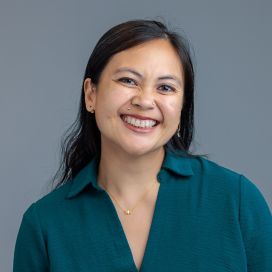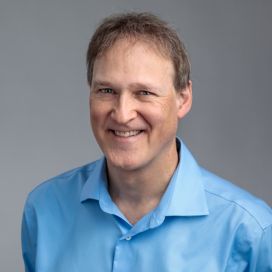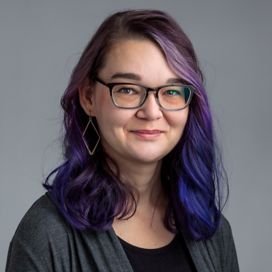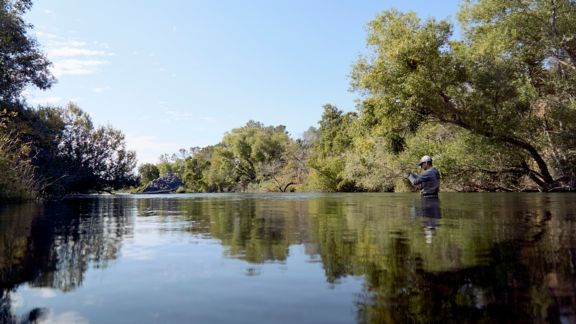National Congregations Study (NCS)
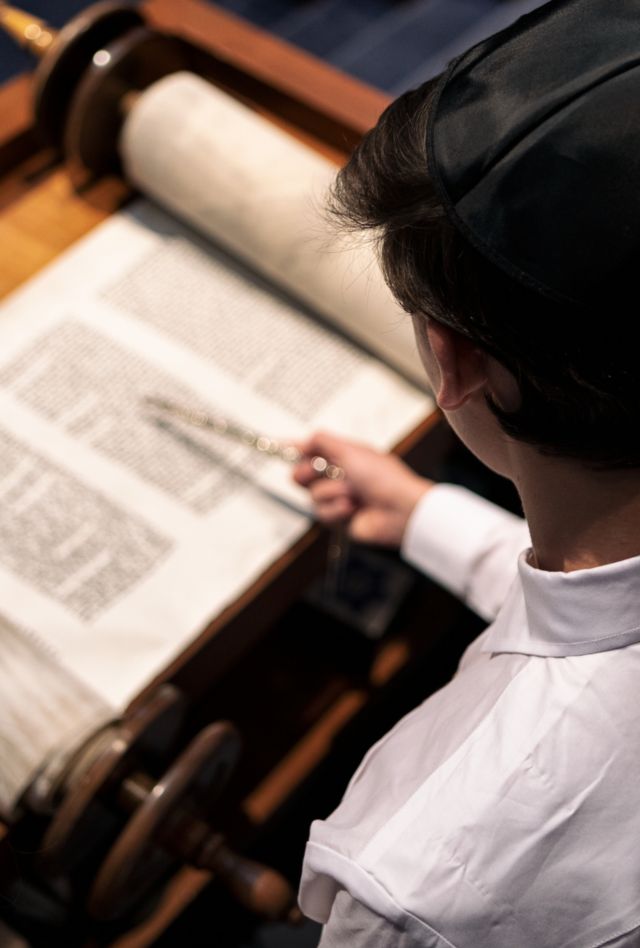
Problem
Measuring a significant institution within American society.
Religion plays an important role in the lives of many Americans, facilitated by religious congregations. Congregations—churches, synagogues, mosques, temples, and other local places of worship—are the basic social unit of American religious life. However, data as basic as the size and composition of congregations, as well as more complex measures such as community involvement, civic engagement, leadership, and many other aspects of religious congregations at a national level is scant. The National Congregations Study (NCS) seeks to fill this knowledge gap through collection of data from a nationally representative sample of religious congregations across the United States and contributes to the knowledge about American religion by collecting information about a wide range of congregations’ characteristics and programs at different points in time.
Solution
Better understanding congregational life through high quality data collection.
The National Congregations Study is the first-ever high-quality survey of a nationally representative sample of congregations. The study uses a hyper-networking sampling method that asks participants of the nationally representative General Social Survey (GSS) who attend religious services to name their religious congregations, generating a nationally representative sample of religious congregations. A key informant at each congregation—a minister, priest, rabbi, or other staff person or leader—provided each congregation’s information via an interview conducted by phone or in person. The interview covers a wide range of topics, including the congregation’s leadership, social composition, structure, activities, and programming.
The fourth wave of the study examined stability and change in congregations’ core characteristics and activities, including their social composition, size, social service involvement, political activity, connections with other religious and secular organizations, and many other things. This latest wave also explored congregations' social media use, leadership challenges, and wellness activities.
Scholars, religious leaders, policymakers, and students use the survey’s data to understand the activities, characteristics, and social composition of all types of religious congregations and meet their changing needs.
Result
A robust data set that provides insight into religious congregations.
The NCS has gathered information from 4,469 unique congregations collected over a span of 20 years. The NCS helps us better understand many aspects of congregational life in the United States, and how congregations are changing in the 21st century.
Additional information, including survey methodology, summary results, and the cumulative data set can be found at the following website.
Related Tags
Project Leads
-
Jodie Smylie
Senior Research DirectorProject Director -
Steven Pedlow
Principal StatisticianSenior Staff -
Beth Fisher
Senior Research DirectorSenior Staff -
J. Michael Dennis
Senior Vice PresidentSenior Staff



